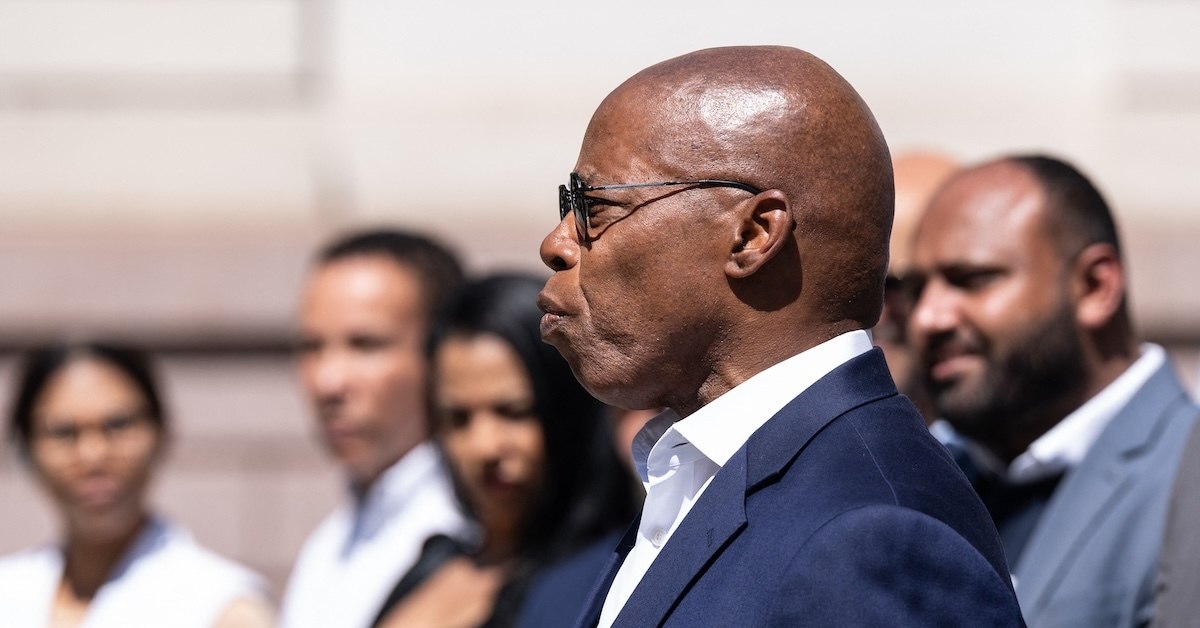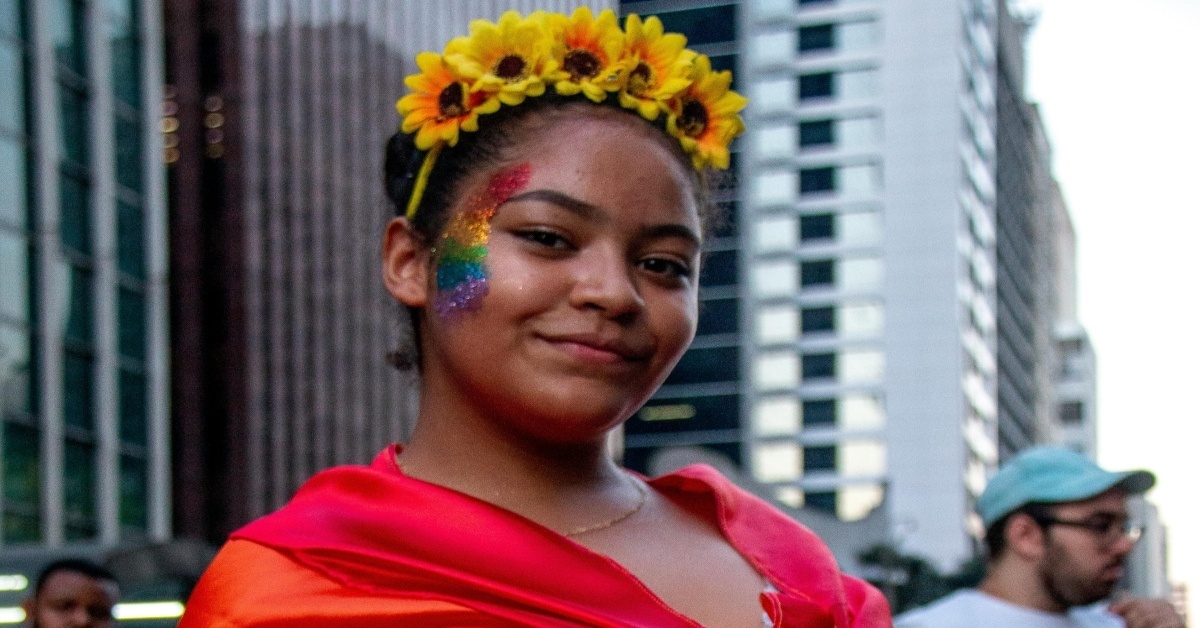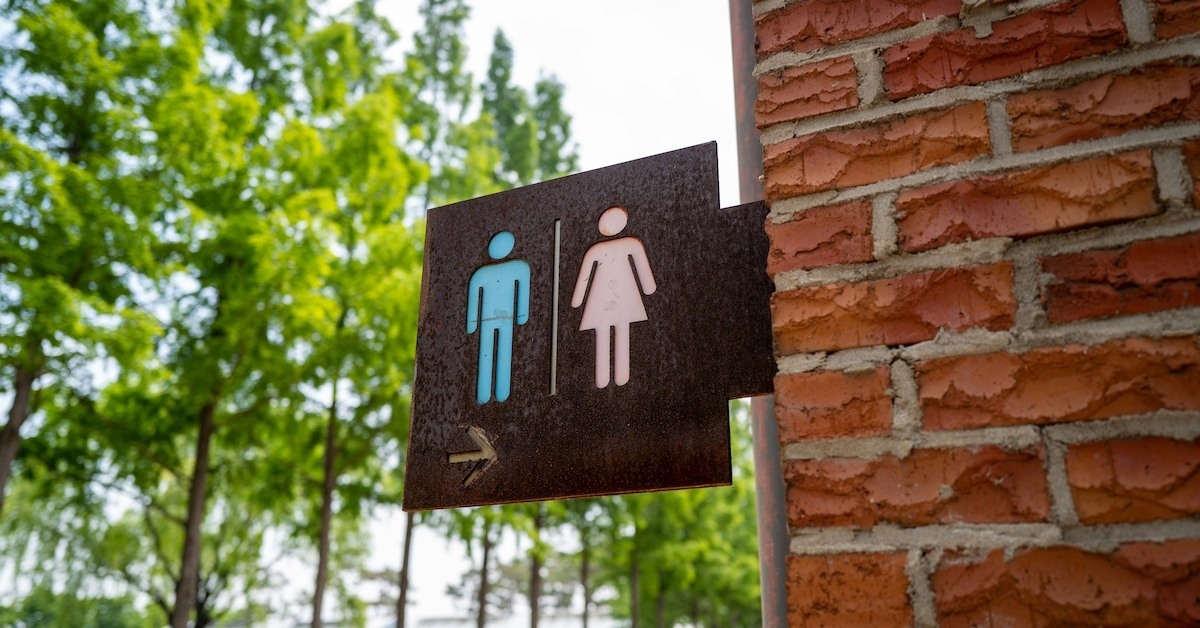BY: Nick Fulton
Published 1 hour ago
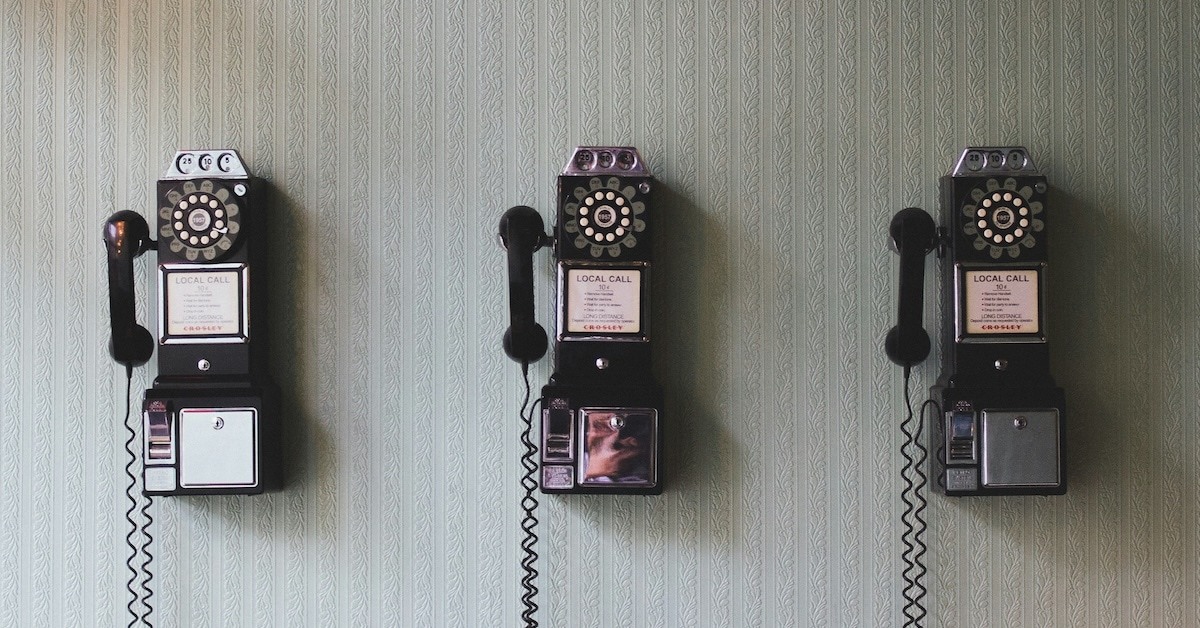
In the months since the Trump administration terminated the LGBTQIA+-specific “Press 3” option on the 988 National Suicide & Crisis Lifeline, momentum has surged among lawmakers, advocates, and state leaders to reinstate it. The specialized service, shut down in July, had allowed LGBTQIA+ youth to connect with crisis counselors trained in issues like identity, discrimination, and gender dysphoria. Now, new legislation aims to codify LGBTQIA+ suicide hotline services into law.
A New Priority
At the heart of the push is bipartisan legislation introduced by Senators Tammy Baldwin (D-WI) and Lisa Murkowski (R-AK). The bill is called the “988 LGBTQ+ Youth Access Act.” The policy language proposes amending the “Public Health Service Act” to require that the Secretary of Health and Human Services establish, operate, and maintain LGBTQIA+-focused services within the 988 Lifeline framework. In their announcement, Baldwin and Murkowski stressed that despite the program being cut, the demand for the service was immense. Citing the over 1.5 million crisis contacts that had passed through those specialized services since 2022.
Advocacy groups have backed the bill aggressively. The Trevor Project, which led the original “Press 3” effort, called the shutdown “devastating,” warning that LGBTQIA+ young people are especially vulnerable in crises. Other supporters include the American Foundation for Suicide Prevention, NAMI, the Human Rights Campaign, and GLSEN.

Now More Than Ever
The question of demand for these services is answered by clear statistical evidence. LGBTQIA+ people are disproportionately affected by mental health crises. 40% of LGBTQIA+ young people seriously consider suicide each year. 50% of LGBTQIA+ young people who need mental health care each year can not get it. There is a huge need for direct services for queer people, especially crisis services like this hotline.
Some states are taking matters into their own hands. California announced it is partnering with The Trevor Project to provide enhanced LGBTQIA+ competency training to counselors at its 12 local 988 call centers, aiming to maintain affirming care even without the federal “Press 3” line. Meanwhile, Illinois has pledged to continue operating its own LGBTQIA+-tailored 988 services, despite the federal cut.
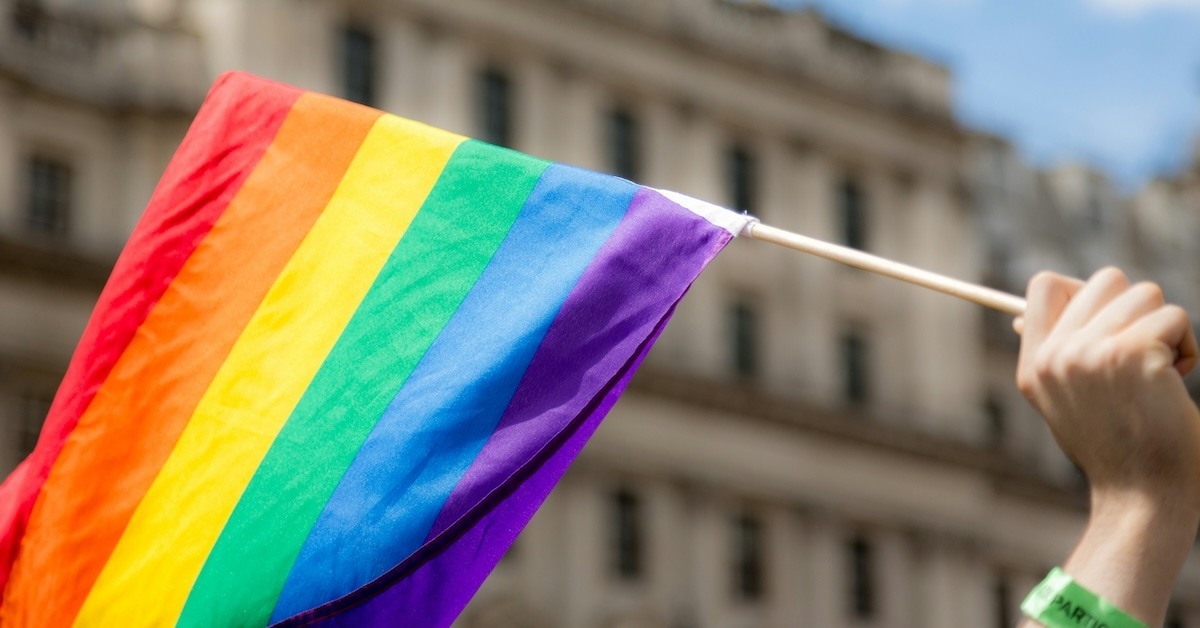
The Dim Future
Still, the path forward is far from certain. The bill must clear committee review and receive bipartisan support in Congress. The Trump administration’s shuttering of the hotline is not an isolated attack on the queer community, either, from direct attacks on trans people, including bathroom bills and military bans, to ideological attacks on representation in schools and government language. Trump has a long resume of commitments to marginalizing LGBTQIA+ Americans.
As the legislative debate heats up, restoring the LGBTQIA+ specific service seems distant but vital. Renewing the service would mean more than administrative reversal: for many young people, it represents renewed hope, representation, and the message that when things are darkest, someone who understands is still on the line.
If you are seeking services related to a mental health crisis, reach out to the Trevor Project here or by calling 866-488-7386.
Does this legislation being bipartisan surprise you? What do you think the likelihood of the bill passing both chambers of Congress is?
